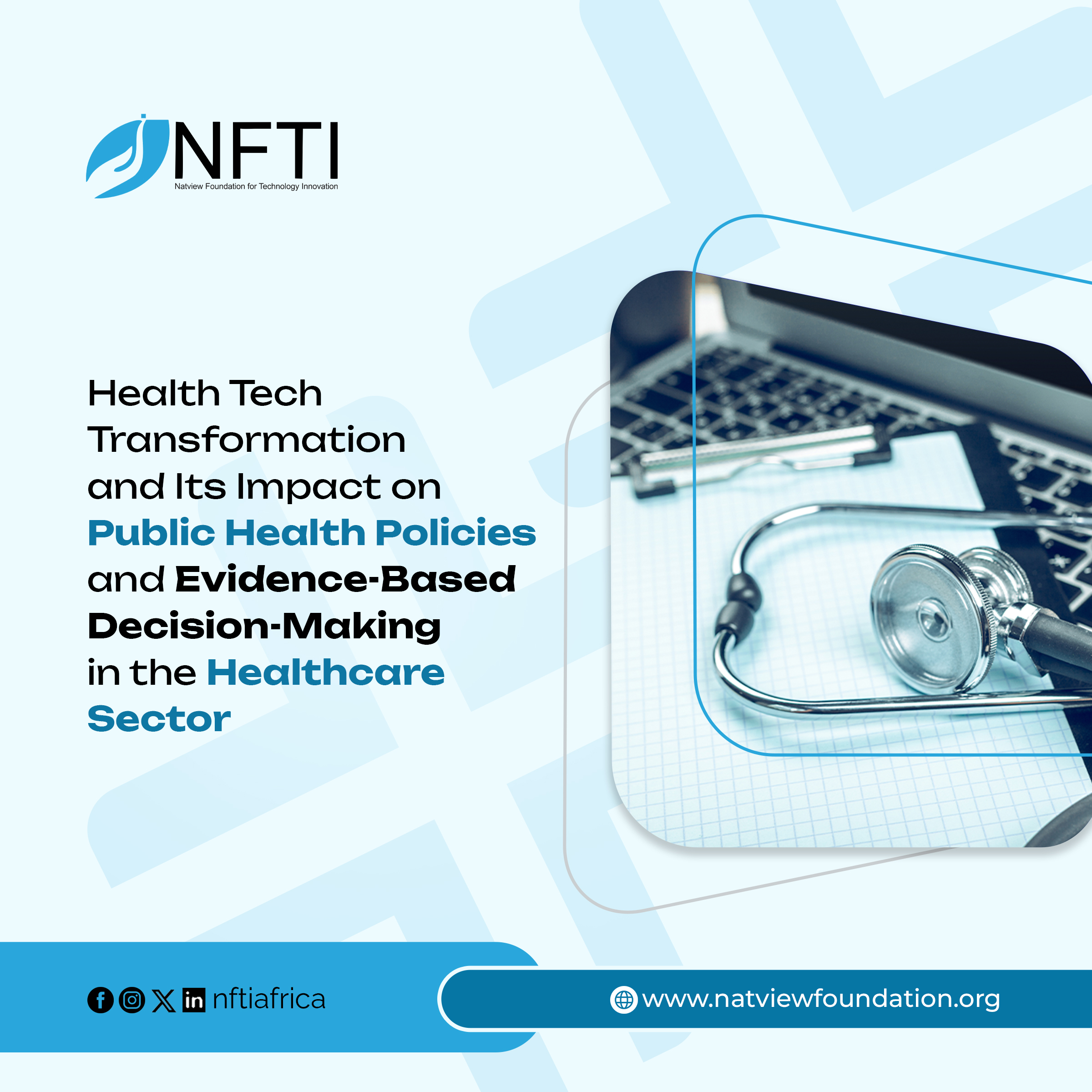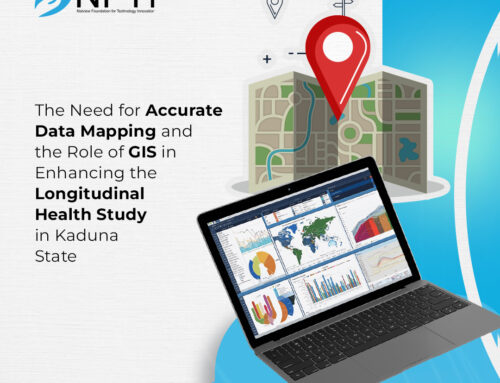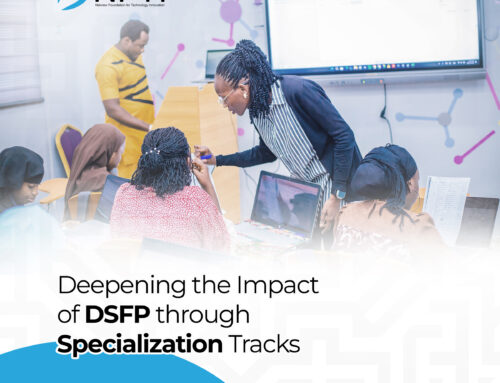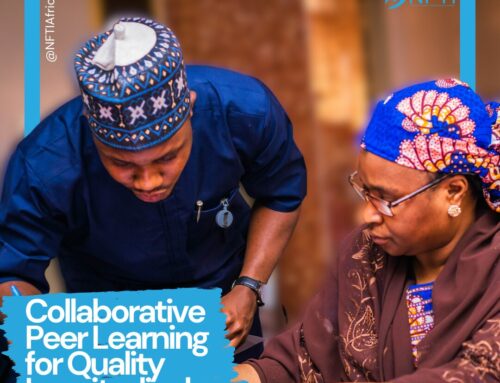Technology is transforming the healthcare sector, increasing healthcare outcomes, facilitating evidence-based decision-making, and enhancing patient and staff experiences. The Natview Foundation for Technology Innovation, NFTI, is instrumental in supporting such transformations by facilitating collaboration among stakeholders, promoting health tech innovations, and enhancing digital capabilities. The potential for enhancing healthcare through health technology is vast, as technology continues to advance, ensuring a healthier and more promising future for all.
With health tech leading the way, the healthcare industry across the world is seeing a dramatic shift. To better serve their patients and employees, healthcare providers the world over are embracing technological solutions. This is especially true in Africa. Because of these developments, healthcare decision-making can now be based more on data, which is changing public health policy. This article delves into the multifaceted impact of health tech transformation on public health, emphasizing its significance in fostering evidence-based decision-making and ultimately improving healthcare outcomes.
The COVID-19 pandemic served as a pivotal moment for healthcare systems worldwide, driving the rapid adoption of technology. The unprecedented crisis highlighted the need for agile and innovative responses to healthcare challenges, making the adoption of health tech not just a project of convenience but a necessity. Healthcare organizations worldwide have redefined their approach to digital transformation in the wake of the pandemic, recognizing it as an essential component of their operational strategy.
In Africa, the winds of change brought about by health tech are blowing strongly. Historically, the continent has faced numerous healthcare challenges, including limited access to medical facilities, a shortage of healthcare professionals, and inadequate healthcare infrastructure. However, the advent of health tech offers hope, promising to bridge these gaps and enhance the overall healthcare experience. One of the primary goals of health tech transformation is to improve the experiences of both patients and healthcare staff in society. For patients, this means easier access to medical services and drugs, more personalized care, and greater transparency in healthcare processes. For healthcare workers, technology can alleviate some of the burdens associated with their roles, reduce burnout, and improve job satisfaction. Health tech enhances organizational transparency and efficiency. In the healthcare sector, policymakers can enhance communication among healthcare providers, minimize errors, and streamline operations by digitizing healthcare records and processes.
One of the most significant impacts of health tech transformation is its ability to facilitate evidence-based decision-making. For example, in Kaduna state Nigeria, data is being used as a powerful tool to drive policy changes, improve patient care, and optimize resource allocation in the health sector. The integration of advanced technologies developed by tech partners in healthcare allows for the collection, analysis, and interpretation of vast amounts of data, providing valuable insights that inform public health policies and practices. Health tech solutions such as health information systems (HIS) enable the systematic collection and management of human resource data. These technologies ensure that data is accurate, up-to-date, and easily accessible, forming the backbone of evidence-based decision-making.
Advanced data analytics and predictive modeling tools are transforming how healthcare data is used. These technologies analyze large datasets to identify patterns, predict future trends, and generate actionable insights. Interoperability enables the efficient exchange of data and enhances the overall functionality of health tech solutions.
Successful health tech transformation requires the collaboration of various stakeholders, including healthcare providers, policymakers, technology organizations, and patients. Engaging stakeholders in the planning and implementation of health tech initiatives ensures that their needs and perspectives are considered. This collaborative approach fosters buy-in, promotes user adoption, and enhances the overall effectiveness of health tech solutions. To ensure the success of health tech initiatives, continuous monitoring and evaluation are essential. This involves regularly assessing the impact of health tech solutions on healthcare outcomes, identifying areas for improvement, and making necessary adjustments. The future of health tech in Africa is promising, with numerous opportunities for growth and innovation.
NFTI’s programs align closely with broader trends in health tech transformation, focusing on promoting health tech innovations. Notable projects include the Kaduna Data Lab Project, which supports data-driven decision-making using big data and modern data management practices. Other significant initiatives include developing the Health Facility Analytics (HEFA) Dashboard, improving healthcare delivery through Integrated Supportive Supervision, and the Click-On Kaduna Data Science Fellowship Program, which builds capacity in data science for evidence-based decision-making. Also, NFTI’s efforts to strengthen healthcare supply chains and implement the Human Resource for Health Management Information System in Kaduna State demonstrate its commitment to using technology to address healthcare challenges.
Through these efforts, NFTI is proving that health technology has tremendous potential to improve public health outcomes and lay the groundwork for a healthcare system in Africa that is more efficient, effective, and equitable.





